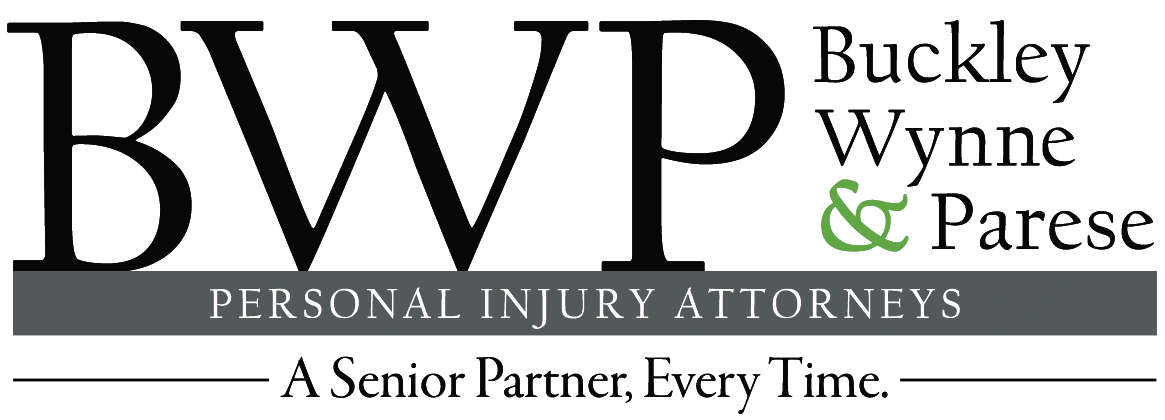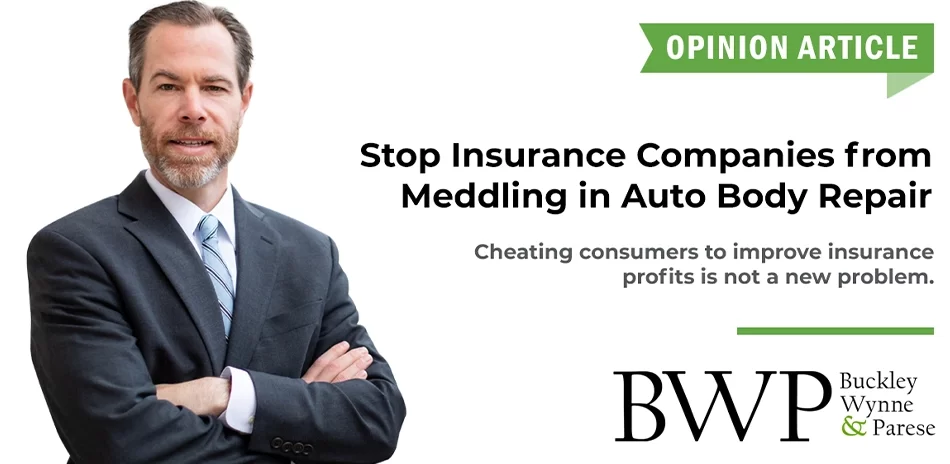Opinion: Stop insurance companies from meddling in auto body repair
Cheating consumers to improve insurance profits is not a new problem. Insurance companies have long pressured auto body repair shops to compromise quality and safety. Advances in vehicle technologies and other market forces, however, have exacerbated the danger this presents to our motoring public. Legislation is sorely needed to help protect us and our families.
Insurers are responsible for indemnifying insureds after a loss. That basically means that consumers pay premiums, and in the event of a crash, the insurer covers the cost of repairs. Coverage includes the right to a safe and proper repair. Since so many insurance companies are competing for business, it is impractical to reap profits from raising premiums. Profits must instead come from continuing to market and sell policies at discount premiums, only to cheat customers by paying less on claims.
How do they do it?
The way insurers pay less on claims is by establishing direct repair networks and otherwise asserting immense pressure on repair facilities to fix cars on the cheap — often contrary to the better judgment of the licensed repair professional and manufacturer guidelines. This can also be done by refusing to authorize reimbursement for necessary repair procedures or mandating the use of imitation repair parts that do not fit or function correctly.
This is a serious problem because vehicle technologies (including advanced safety systems, and greater use of materials such as aluminum, magnesium, carbon fiber and advanced high strength steels) have given rise to a greater level of repair complexity and the need for new levels of information, knowledge and skills. Most vehicle manufacturers have issued position statements on the importance of following recommended repair procedures and the dangers of using inferior parts, including warnings that such deviations may compromise the vehicle’s warranty.
Every day here in Connecticut, we have nonlicensed, nontrained repair people being directed by self-interested insurance companies wielding incredible power over the type of repairs being done. These pressures and dictates, which often implicate the very safety of the vehicle’s occupants, are done with no risk of being held liable. Since the insurer did not and cannot fix the vehicle, it cannot and would not be legally responsible for a substandard repair that caused injury or death. Most consumers have no idea how scary this situation has become.
This past legislative session, the General Assembly took up a bill to prohibit outside interference from pressuring licensed repairers to cut corners on the quality and safety of repairs. Unfortunately, it did not pass.
It is my sincere hope that our state legislators will take up this issue again. Prohibiting outsiders from pressuring or forcing repair shops to deviate from proper repairs will protect the motoring public.
In one instance in Texas, for example, repairs were not done consistent with procedures set by the original vehicle manufacturer. The result: a couple was trapped inside their vehicle while it was on fire. They were severely burned, resulting in a $42 million verdict.
Legislation here in Connecticut is necessary to help avoid unnecessary tragedies such as this, and to ensure consumers get what they are entitled to: a safe repair.
Attorney John M. Parese is a partner at the New Haven-based firm of Buckley Wynne Parese. He can be reached at 203-776-2278 or [email protected].
This article was featured in the following news publications:

Serving All of Connecticut
Free Evaluation 24/7
We understand the stress of dealing with an injury. Our team is here to provide compassionate support and effective legal representation, statewide.

